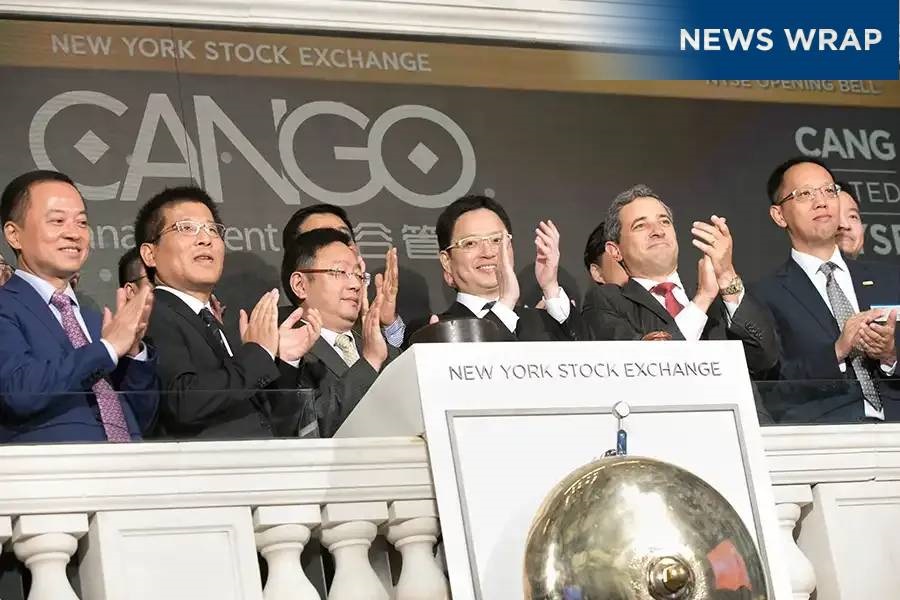The $352 million sale could pave the way for a Singapore-linked entity to take control of Cango as it transitions from car trader to bitcoin miner
By Doug Young
Cango Inc. (CANG.US) said last Thursday it agreed to sell its original China-based business, the latest step of its recent transformation from car trader to bitcoin miner. It added the sale will help to advance another deal to transfer control of the company under a separate but related proposal announced last month.
The latest agreement will see Cango sell its China-based business for $352 million to Ursalpha Digital Ltd., according to the Thursday announcement. Urslapha, described only as a British Virgin Islands company, will pay $211 million up front, with the remainder to come in installments based on certain tax filing and payment obligations.
The deal comes less than a month after Enduring Wealth Capital Ltd. proposed taking control of Cango, in a process that Cango said could also see Enduring Wealth Capital introduce a buyer for Cango’s older China-based car-trading business. No terms were given in Cango’s March announcement of its receipt of Enduring Wealth’s letter of intent. In the latest announcement, Cango said the sale of its China-based business “is a major step taken by the company in response to the letter of intent,” signaling it was strongly considering the proposal.
Cango is currently controlled by co-founders Zhang Xiaojun, the company’s chairman, and Lin Jiayuan, the CEO. The pair combined hold 45% of Cango’s shares and 92.5% of its voting power. The company has not publicly commented on what role, if any, Zhang and Lin would play at Cango if they yield their control of the company to Enduring Wealth Capital.
In its previous announcement, Cango said that Andrea Dal Mas and Yu Peng were Enduring Wealth Capital’s key decision makers. Both are tied to Singaporean firm Antalpha Ventures, whose social media account on X says the company “supports bold founders building early-stage, blockchain-enabled, web 3.0 companies.”
Cango is currently based in China, where cryptocurrency mining is illegal, though all of its mining operations are outside the country. Following the sale of its China-based business, the company could potentially move its headquarters from its current Shanghai base to another country to lower its risk exposure after its move into bitcoin mining late last year.
Even before that transition, Cango began de-emphasizing its core car-trading business last year as China’s car market struggled with huge oversupply and weak demand that forced many sellers into the red. The company’s revenue from its car-trading business plunged last year as it stopped directly trading cars to lower its risk of becoming stuck with unsold inventory.
Pivoting to an area with more potential, Cango purchased $250 million worth of cryptocurrency mining equipment and began its mining operation last November. As it minted 933.8 bitcoins in November and December, it recorded 653 million yuan ($90 million) in revenue from its mining operation in last year’s fourth quarter, accounting for more than 80% of its revenue during the three-month period.
Cango’s shares have doubled over the last six months since it first disclosed its intent to transition into bitcoin mining.
The Bamboo Works offers a wide-ranging mix of coverage on U.S.- and Hong Kong-listed Chinese companies, including some sponsored content. For additional queries, including questions on individual articles, please contact us by clicking here
To subscribe to Bamboo Works free weekly newsletter, click here






